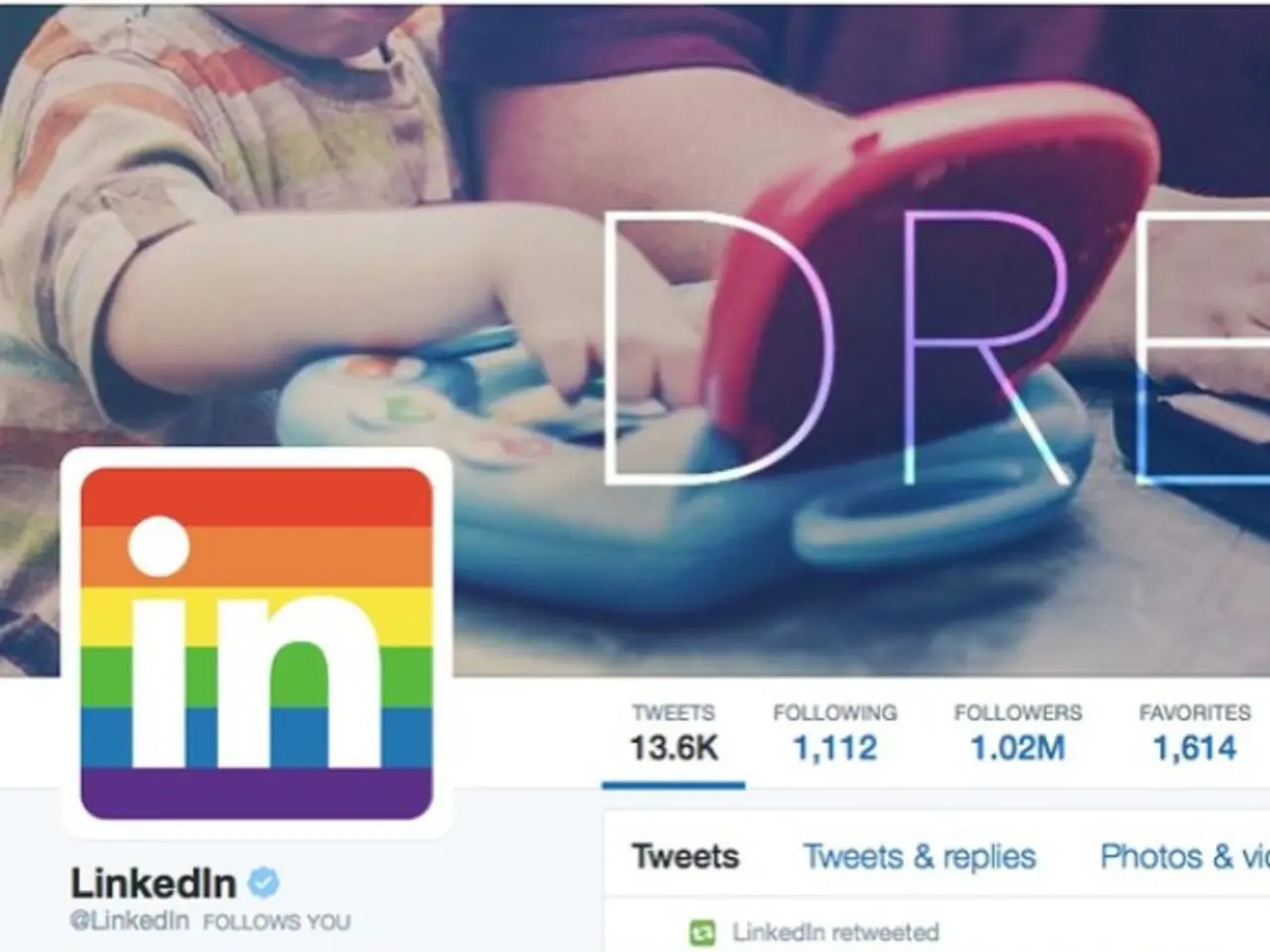SEO Backlinks Explained & Benefits of Inbound Links in SEO
In the digital world, backlinks, also known as inbound or incoming links, play a pivotal role in enhancing a website's visibility and credibility. These links from one website to another, created when a website includes a link to another site in its content, are crucial for search engine optimization (SEO).
Backlinks help Google's spiders to crawl a website more effectively, leading them to the content. They also aid in gaining traffic, as they provide access to large audiences on established websites. In SEO, backlinks are considered one of the most powerful backbones of any website. The more backlinks a site has, the more traffic it generates.
Building connections with bloggers is essential for increasing brand visibility on the internet. Guest posting can be an effective way to do this. Good referrals and posts can help increase a website's credibility, contributing to page-rank, referral traffic, a stronger bond with people, faster indexing, increases in readership, and higher opt-ins.
The credibility of the pages linked by backlinks can also help increase the score of the linked page. Enhancing website credibility is important for SEO through backlinks. Good-quality content is key for this. Sharing articles with bloggers can help deliver work to a larger audience, as bloggers have a lot of traffic and can offer backlinks.
To generate high-quality backlinks for SEO, it's important to focus on relevance, authority, and natural acquisition methods. Acquiring backlinks from authoritative websites with high domain authority or rating that are relevant to your niche ensures the linking site matches your industry to maximize SEO value. Earning editorially placed backlinks embedded naturally within high-quality, relevant content is preferable rather than footer or sidebar links.
Using varied and natural anchor text to avoid over-optimization penalties is also crucial. Mixing contextual phrases instead of exact-match keywords is a better strategy. Creating valuable, unique linkable assets such as long-form blog posts, research studies, or interactive tools that attract organic links is another effective approach.
Building relationships and engaging in outreach with industry bloggers, reporters, and content creators can help earn trusted mentions and links. Platforms like Help a Reporter Out can be useful for this. Diversifying your backlink profile with a mix of dofollow and nofollow links and ensuring freshness by acquiring links from recent or regularly updated pages is also recommended.
Avoiding black hat techniques like buying links, link farms, or private blog networks is essential. These practices can lead to Google penalties. Focusing on link placement in content with high organic traffic and pages close to the homepage can maximize link equity. Promoting your content actively on social media and email can increase visibility and the likelihood of natural link acquisition.
For specific industries, obtaining backlinks from credible, niche-relevant sites bolsters Google's E-A-T signals (Expertise, Authoritativeness, Trustworthiness), improving rankings and user trust. In summary, consistently build backlinks by generating outstanding, niche-relevant content, fostering genuine relationships for outreach, emphasizing natural and editorial link placement, and prioritizing quality over quantity while avoiding manipulative schemes.
- In the process of enhancing a website's credibility and visibility, sharing articles with bloggers in the sports, technology, lifestyle, or weather niches can help deliver work to a larger audience, as these bloggers have a lot of traffic and can offer backlinks that align with the website's niche.
- To maximize SEO value and generate high-quality backlinks, it's beneficial to acquire backlinks from authoritative websites in the sports, technology, lifestyle, or weather niches, as this ensures the linking site matches the industry and increases SEO value.




